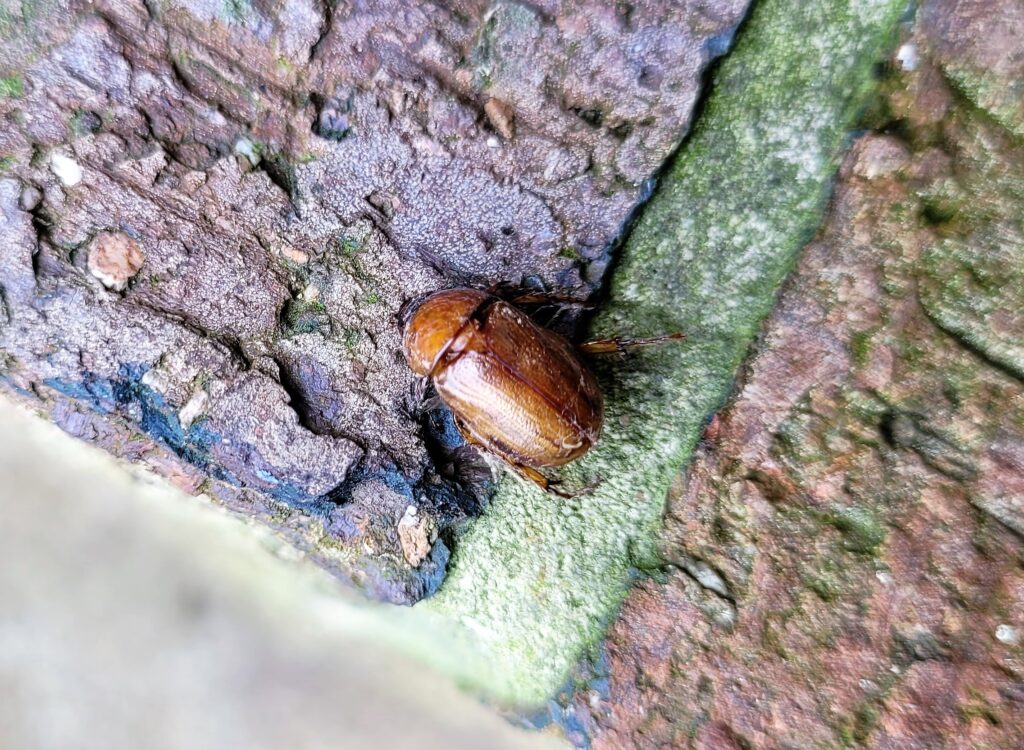Not every insect in the garden should be destroyed, there are many beneficial garden insects. Always think twice before you destroy garden insects.
I recently attended a garden seminar by Merrifield Garden, where a person had discovered a bunch of green, yellow and black striped caterpillars eating their dill plants. They destroyed all the caterpillars. However, finding out that the caterpillars were most likely East Black Swallowtail butterfly caterpillars, they were quite sad about the loss. There was no way to go back, and to allow the caterpillars to morph into beautiful butterflies.
Easy on Insects
Growing a garden is a little bit of give and take as far as insects are concerned. A good garden needs balance with nature, and it should be safe for insects. The growing garden should also have plants blooms at different times of the year, so it attracts beneficial insects.
Yarrow with small yellow blooms, coneflowers that bloom all season long, and purple salvia are great flowers to grow to attracts bees and other insects. Common Milkweed attracts monarch butterflies and is considered a host plant. Parsley and dill plants attract Eastern black swallowtail butterflies.
Even insects like paper wasps can be beneficial as they feed on the protein of other insects. The hoverfly feeds on aphids. Even ants on flowers can be pollinators.
Always try to use the least toxic method to control garden pests. For example, garden slugs are attracted to a small dish of beer. Then you can just toss them out in the morning. Or you can use nontoxic slug products. Japanese beetles can be individually picked off plants if it is only a small invasion. You can also use insecticidal soaps to control harmful insects.
Ending Notes on Beneficial Garden Insects
Once I sprayed an azalea plant with toxic spray to get ride of a lace bug infestation. However, immediately after I sprayed it, a praying mantis came out of the plant. Not sure if it survived the spraying or not, but it certainly was not the aim of my spraying efforts.
It is easy to kill the good with the bad, so be careful what you use in your garden. Also, be careful and rethink about what insects you want do do away with.

The above photograph show a reddish beetle on a brick. The beetle is part of the ecological system of nature and the garden, but not necessary a beneficial garden bug.
Resource Sites: David Yost’s lecture, Merrifield Garden

